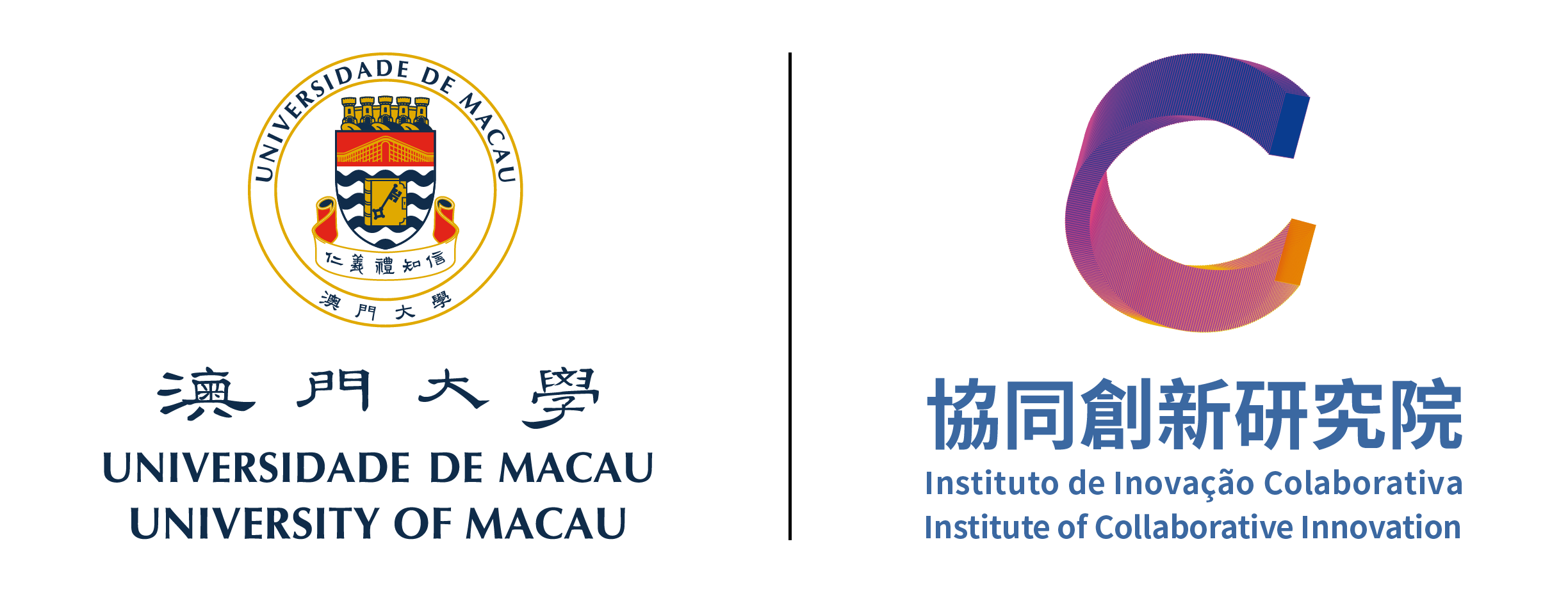A series of new papers led by Distinguished Professor Dr. Christian Montag shed new light on AI-Well-Being and AI attitudes.
Societies around the globe more and more rely on AI-systems and products, which are empowered by artificial intelligence (AI). In particular since the launch of ChatGPT in November 2022 people discuss worldwide how AI will change the world, both in private and business areas. In a new work it is argued that when designing AI-systems, engineers should strongly focus on the users and their unique needs. In light of the rapid AI-developments, Distinguished Prof. Dr. Christian Montag from the Centre for Cognitive and Brain Sciences at University of Macau and his colleagues from Hamad Bin Khalifa University / Hong Kong University discuss how a classic psychological theory can be a guiding light to develop AI systems which center around fulfillment of human needs. In detail, the authors describe how Maslow’s famous need theory can be applied in AI societies. The work has been published in the top journal „Technological Forecasting & Social Change“.
On the relevance of Maslow’s need theory in the age of artificial intelligence
Another work by Christian Montag (together with his colleague Jon D. Elhai from University of Toledo) presents a new measure providing scientists with the possibility to assess well-being of people, when interacting with AI-systems. The so called AI-Interaction Positivity Scale (AI-IPS) is characterized by sufficient psychometric criteria and of importance has been validated against AI attitude measures, global life satisfation and – most important – with the contruct of trust in ChatGPT. People reporting higher AI-well-being also reported to trust ChatGPT more. The paper is published in the highly visible journal „Computers in Human Behavior“.
Finally new work by Christian Montag and colleagues shed light on associations between AI attitudes and trust in ChatGPT vs. the Chinese Ernie Bot and on associations between AI attitudes and social media addiction. These papers have been published in the Journal of Psychology and AI and Addictive Behaviors Reports.

